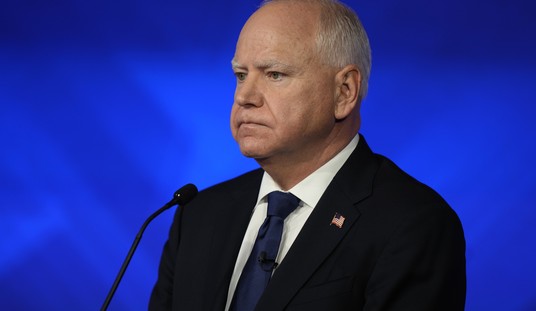Public sector unions. George Orwell would be proud of the term. Public sector really means government, and our government includes large levels of bureaucracy. So public sector unions are really alliances within bureaucracies, and they’re working against the interests of the general public with power that private unions don’t possess.
A chance is coming in the next year to start reining them in. In Janus vs. AFSCME, the U.S. Supreme Court will likely prohibit government employees from being forced to pay dues to unions whose politics they disagree with. These unions are almost entirely Leftist so they’re backing politicians a good part of their membership votes against.
As bad as that is, the fleecing of their members pales in comparison to their mugging of taxpayers through government employee pensions which are so lopsided that they’ve become a cause of municipal bankruptcies. To understand why, we just need to know of a crucial distinction between private and government unions.
In the private sector, the owners write the paychecks and pensions are limited to what the workers and the company put in and can afford. Since the monies paid in are a pre-determined amount or percentage, it’s known as a “defined contribution” plan. Not so on the government side, since whatever politicians promise in pensions (known as “defined benefit”) can be pulled from your pocket, despite the amount that the government worker contributed. And we taxpayers, the owners, don’t sign the checks, the politicians do. We’re just forced to pay the bill. It’s a deal between devils, the product of unethical legislators conspiring with unscrupulous union officials.
But it gets worse. The unions ask politicians for these unsustainable pensions, and the office-holders acquiesce, knowing that union members, often on taxpayer time, will work for their reelection. And before the consequences of these pensions hit, the politician will often be out on their own generous retirement plan. Meanwhile, the union’s dues are helping to finance campaigns and pay for ads for the ongoing and corrupt reelection bargain.
Recommended
Since the union members and the politicians are both government employees, we have two factions of government colluding to defraud their true employer, the hard-working body of US citizens that funds the paychecks of both. And the union officials also get their salaries from the taxpayer, indirectly through the paychecks of union members.
This arrangement on a national level goes back only to 1962, when John F. Kennedy signed Executive Order 10988, allowing “collective bargaining” for federal employees. Politicians soon turned this to their advantage.
No less a liberal icon than Franklin Delano Roosevelt understood and opined that public employee unions were an inherent conflict of interest. In 1937, he wrote, “All Government employees should realize that the process of collective bargaining, as usually understood, cannot be transplanted into the public service. It has its distinct and insurmountable limitations when applied to public personnel management.”
In the late 19th and early 20th centuries, unions formed as an effort to alleviate detrimental and dangerous working conditions. It was a struggle between ill-treated workers and often thuggish management whose goon squads would break up any attempts at organizing. But those private sector unions were so successful over the years, and working conditions in the U.S. are so good, that private workers who still pay union dues has dropped to single digits.
In contrast, around a third of government employees are unionized. The first step in reducing their power may soon take place through a U.S. Supreme Court decision. (It would likely have happened last year, but the death of Associate Justice Antonin Scalia, left a similar case in a four to four tie.) Step two requires an understanding on the part of honest office holders of how the defined benefit system is unsustainable and that those pensions may need to be renegotiated so that they’re similar to pensions that prevail in the private sector.
We can only hope that it doesn’t take significant numbers of city, county, and even state bankruptcies to finally correct and avert this impending, foreseeable and largely ignored financial disaster.
























Join the conversation as a VIP Member